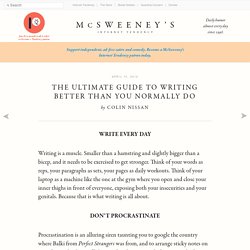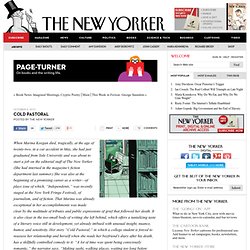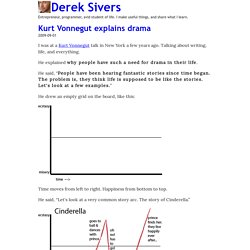

Files.harpercollins.com/PDF/TeachingGuides/0060530928.pdf. Slučaj Salmana Ruždija. Prikaz knjige: Salman Rushdie – Joseph Anton: A Memoir, Random House 2012 Kada je Anis Ruždi 1980. prvi put pročitao roman svog sina Deca ponoći, bio je ubeđen da je Ahmed Sinaj, pijani otac u knjizi, zapravo satirični portret njega samog. Usledila je porodična svađa. Mlađi Ruždi nije poricao da je Sinaj zasnovan na njegovom ocu – „Budući da sam bio mlad i drzak“, rekao je kasnije u intervjuu za Paris Review, „odgovorio sam mu da sam izostavio sve grozne detalje“ – ali nije se slagao sa očevom uvređenom reakcijom i smatrao je da ona otkriva primitivno razumevanje toga kako funkcionišu romani. „Moj otac je studirao književnost na Kembridžu, pa sam očekivao kultivisaniju reakciju, ali zato je moja majka dobro reagovala… Odmah je shvatila da se radi o fikciji. Stav koji je Ruždi zauzeo u ovom književno-porodičnom sporu nagovestio je stav koji će imati devet godina kasnije, kada ga je snašao gnev drugog, mnogo strožeg poglavara.
The Ultimate Guide to Writing Better Than You Normally Do. Writing is a muscle.

Smaller than a hamstring and slightly bigger than a bicep, and it needs to be exercised to get stronger. Think of your words as reps, your paragraphs as sets, your pages as daily workouts. Think of your laptop as a machine like the one at the gym where you open and close your inner thighs in front of everyone, exposing both your insecurities and your genitals.
Because that is what writing is all about. Procrastination is an alluring siren taunting you to google the country where Balki from Perfect Strangers was from, and to arrange sticky notes on your dog in the shape of hilarious dog shorts. The blank white page. Mark Twain once said, “Show, don’t tell.” Finding a really good muse these days isn’t easy, so plan on going through quite a few before landing on a winner. There are two things more difficult than writing. It’s no secret that great writers are great readers, and that if you can’t read, your writing will often suffer. "Cold Pastoral," by Marina Keegan. When Marina Keegan died, tragically, at the age of twenty-two, in a car accident in May, she had just graduated from Yale University and was about to start a job on the editorial staff of The New Yorker.

(She had interned in the magazine’s fiction department last summer.) She was also at the beginning of a promising career as a writer—of plays (one of which, “Independents,” was recently staged at the New York Fringe Festival), of journalism, and of fiction. That Marina was already exceptional in her accomplishments was made clear by the multitude of tributes and public expressions of grief that followed her death. It is also clear in the too-small body of writing she left behind, which offers a tantalizing taste of a literary voice still in development, yet already imbued with unusual insight, nuance, humor, and sensitivity. Cold Pastoral We were in the stage where we couldn’t make serious eye contact for fear of implying we were too invested.
Selected Shorts: On Air. Kurt Vonnegut explains drama. I was at a Kurt Vonnegut talk in New York a few years ago.

Talking about writing, life, and everything. He explained why people have such a need for drama in their life. He said, “People have been hearing fantastic stories since time began. The problem is, they think life is supposed to be like the stories. Let's look at a few examples.” He drew an empty grid on the board, like this: Time moves from left to right. He said, “Let's look at a very common story arc.
It starts with her awful life with evil stepsisters, scrubbing the fireplace. “People LOVE that story! He wiped the board clean and said, “Now let's look at another popular story arc: the disaster.” It's an ordinary day in an ordinary town. But the problem is, life is really like this... Our lives drifts along with normal things happening. “But because we grew up surrounded by big dramatic story arcs in books and movies, we think our lives are supposed to be filled with huge ups and downs! That's why people invent fights.